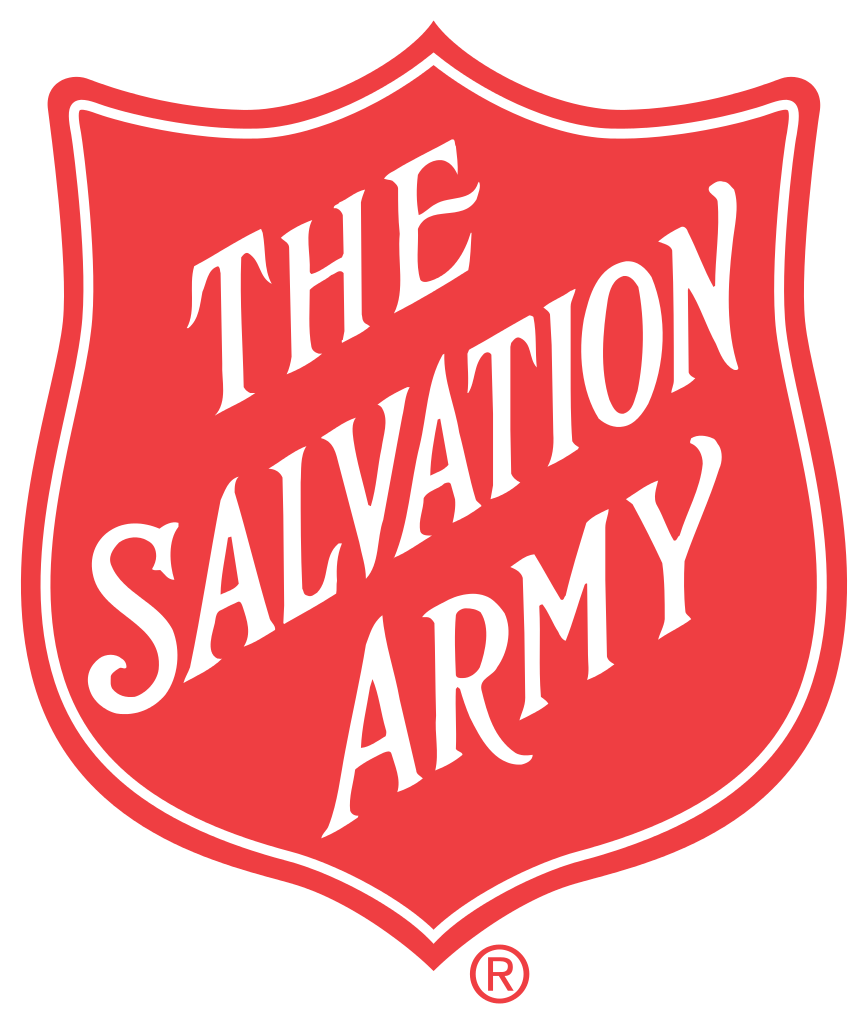
Repentance is taking responsibility for our sin. In Psalm 51, David locates the problem: “I know my transgressions, and my sin is ever before me” (51:3). He does not blame or justify or look for a way out. He goes on: “Behold, I was brought forth in iniquity, and in sin did my mother conceive me” (51:5). The problem is not just that he sinned, but that he is sinful. It would not be enough to clean the outside of the cup, which is why he seeks a deeper cleansing: “Behold, you delight in truth in the inward being… Purge me with hyssop, and I shall be clean; wash me, and I shall be whiter than snow… Create in me a clean heart, O God, and renew a right spirit within me” (51:6-7, 10).
Repentance is turning to God in faith. In everyday language, repentance means to “change your mind,” to reconsider how we are living our lives in light of our new identity and purpose in Christ. We are prone to wander, to pursue life on our terms, to locate our sense of worth and joy and peace outside of God. So the call to repentance is a standing invitation to give up our idolatrous pursuits, and turn to the one true God who restores us to the life for which we were made. We cannot save ourselves.
Repentance is initial and ongoing. You may get in the light, and feel very liberated. But then it won’t be long until you are unmotivated, feeling the disappointment of another rut. This does not underscore the failure of repentance, but merely teaches us that repentance is both initial and ongoing. Real change always requires a clean break, reaffirmed through subsequent decisions. If you are in a mess, and it has happened over weeks or month or years, it is usually not going to get cleaned up right away. It’s a lifestyle.
“Restore to me the joy of your salvation, and uphold me with a willing spirit” (Psalm 51:12).
(Journey to the Cross: Readings and Devotions for Lent, pp. 36-38)

